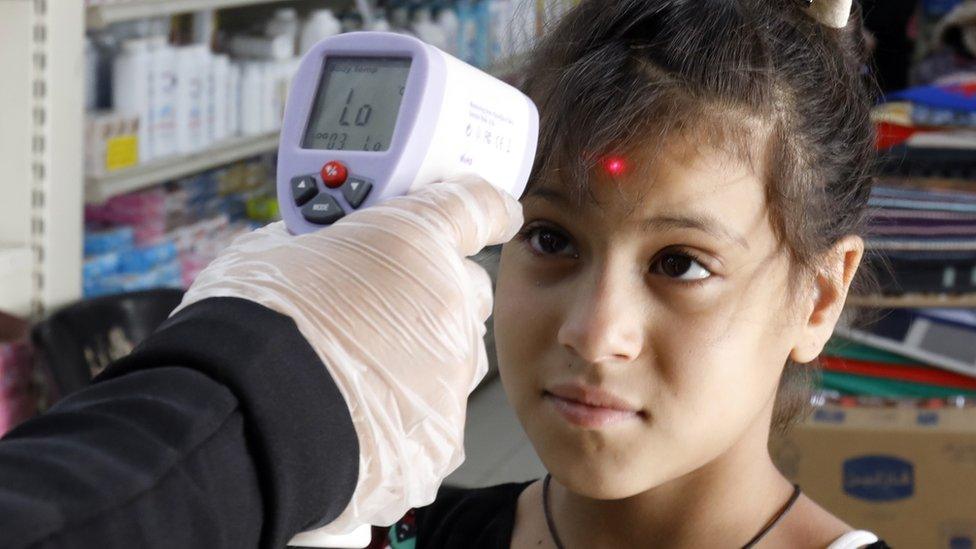Yemen war: Tortured for supporting the 'wrong' side
- Published

Looking out from a grid of thumbnail-sized pictures, women and children hold placards; forlorn expressions on those with uncovered faces.
"Bring back my son", reads one; "Bring back my brother", says another; and "Bring back my father". All are relatives of men who have been disappeared in Yemen.
The picture has come to me by WhatsApp, sent by a group known as the Abductees' Mothers Association.
They are just a handful of those left in anguish by some of the hundreds of forced disappearances of their loved ones in Yemen, a country in which rebels and pro-government forces have been at war since 2015.
It is a phenomenon that has become increasingly worse in the past four years.
Yemen: Death by war or pandemic
An independent human rights group, Mwatana, has been monitoring cases of arbitrary detention, enforced disappearance, torture and deaths in detention across Yemen, documenting many in a recently released report, external.
One - 21-year-old Othman Abdo - was snatched nearly four years ago by gunmen in civilian clothing from the courtyard of the mosque next to his house in Hamdan, a district near the rebel-controlled capital, Sanaa.
He was bundled into a car without licence plates and taken to an unknown location.
Othman's family did not know of his whereabouts until they received a phone call from him four months after his disappearance to tell them that he was being held by the rebel-run Political Security Agency in Sanaa.
After many attempts by his relatives, they were allowed to visit him in February 2017.
"When I saw him for the first time, his condition was deplorable, and he was clearly tortured," Othman's mother told Mwatana.
"He had a fractured wrist, with pain in his joints and back."
The young man's relatives said that he had been treated badly and was in urgent need of medical care, which they said was refused by those in charge of the site where he was being held.
His mother said she had to sell the family home to cover the cost of following up the case and to provide for her son while in detention. He was interrogated and accused of collaborating with the Saudi/UAE-led coalition fighting rebels in support of the government, and with the government itself.
Killed and buried
Stories like his have become all too common in Yemen.
The report uncovers a grim picture of 11 unofficial detention centres run by all those involved in the conflict - some by the Iran-aligned Houthi rebels and others by their enemies; armed groups loyal to the Yemeni government; and military factions allied with Saudi Arabia and the UAE.
Yemen crisis: Five years of hunger, five years of war
Victims are targeted for supporting - or suspected of supporting - opposing sides in the conflict, the disappearances used as a way to impose authority on areas under a faction's control.
All sides to the conflict deny sanctioning arbitrary detention.
The report documents more than 1,600 cases of arbitrary detention, 770 of enforced disappearance and 344 of torture since 2016, and includes accounts from former detainees, their relatives, eyewitnesses and lawyers.
Investigators confirmed 66 deaths in detention - many due to torture including electrocution, being hung up, beaten and mutilated - though it is feared that the true number is much higher.
One of the many victims who did not come back was 26-year-old Saleh (not his real name), taken away by seven hooded men from a force loyal to the separatist, UAE-backed Southern Transitional Council.
Saleh was blindfolded, put into a military vehicle and driven away in Khanfir district, Abyan province, on 16 September 2016.
His fate or whereabouts remained unknown to his family for the following 15 months, until they learned of his death from the relative of a detainee held with him.
"They tortured my son, killed him and buried him, and I did not even get to see him and did not receive his body," said Saleh's mother.
Her son was buried unceremoniously in the grounds of the site where he was killed.
For Saleh's loved ones - and hundreds of others like them - the agony continues.


- Published9 July 2020
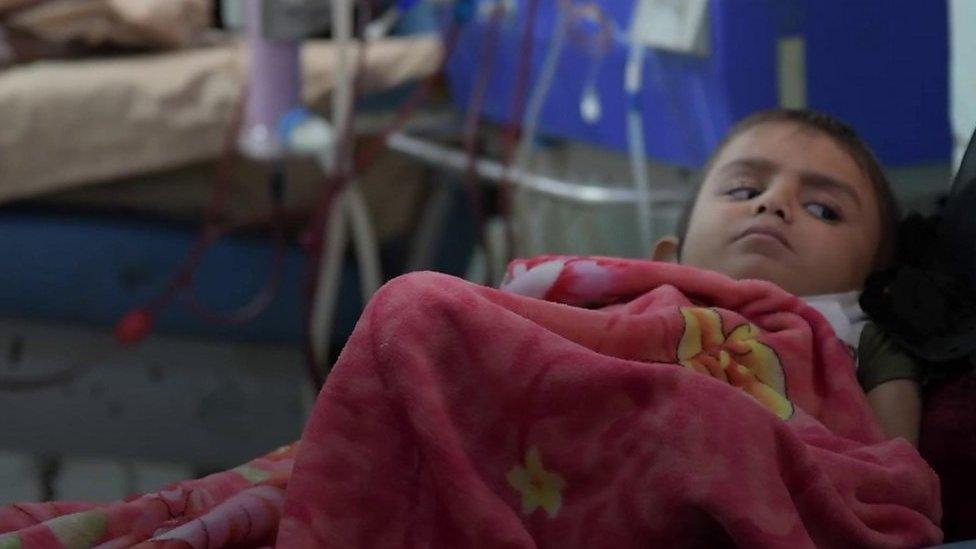
- Published27 June 2020
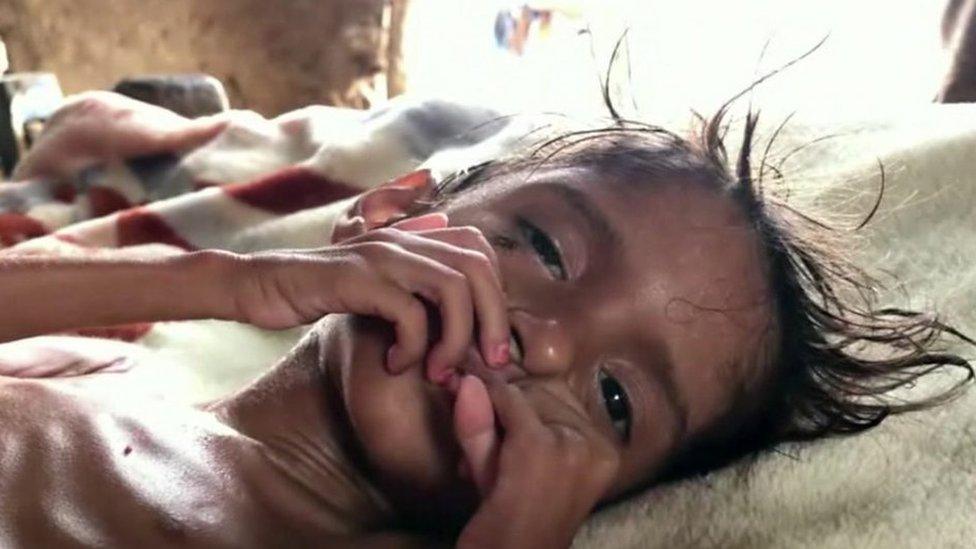
- Published26 June 2020
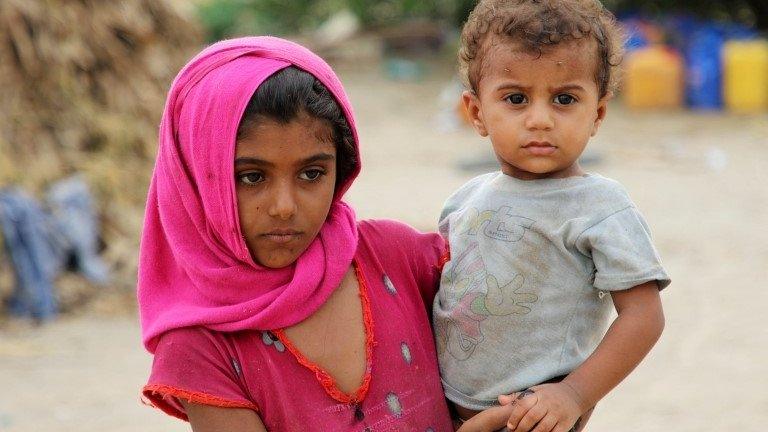
- Published21 June 2020
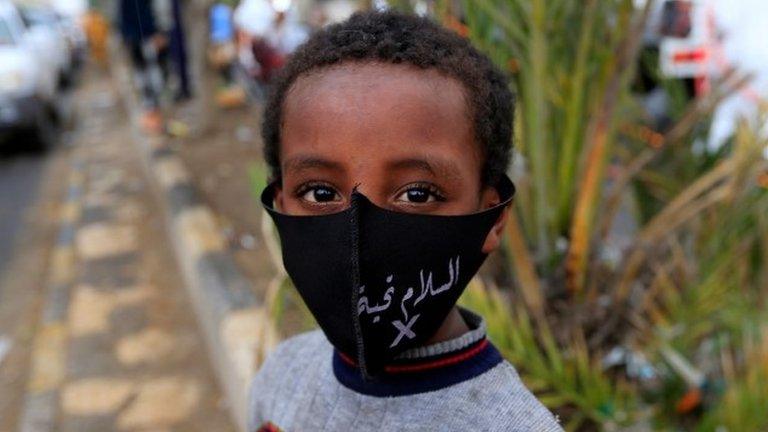
- Published3 June 2020
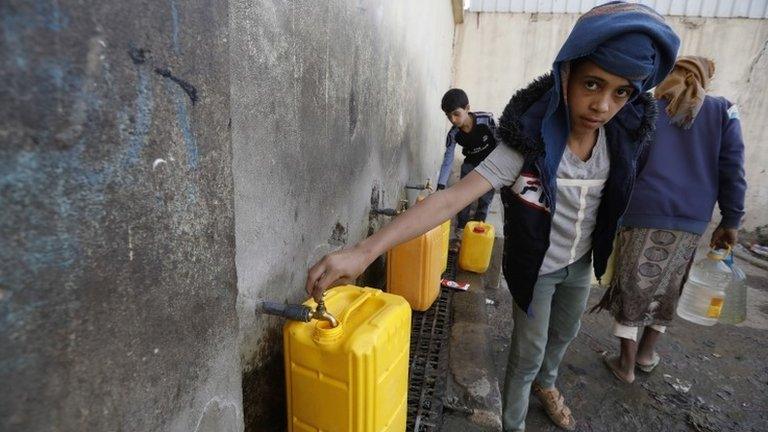
- Published14 May 2020
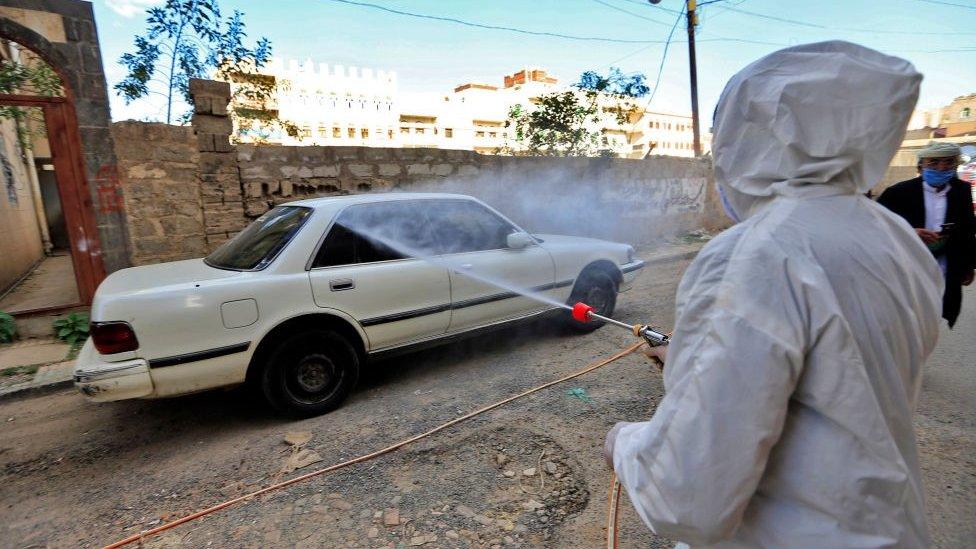
- Published15 May 2020
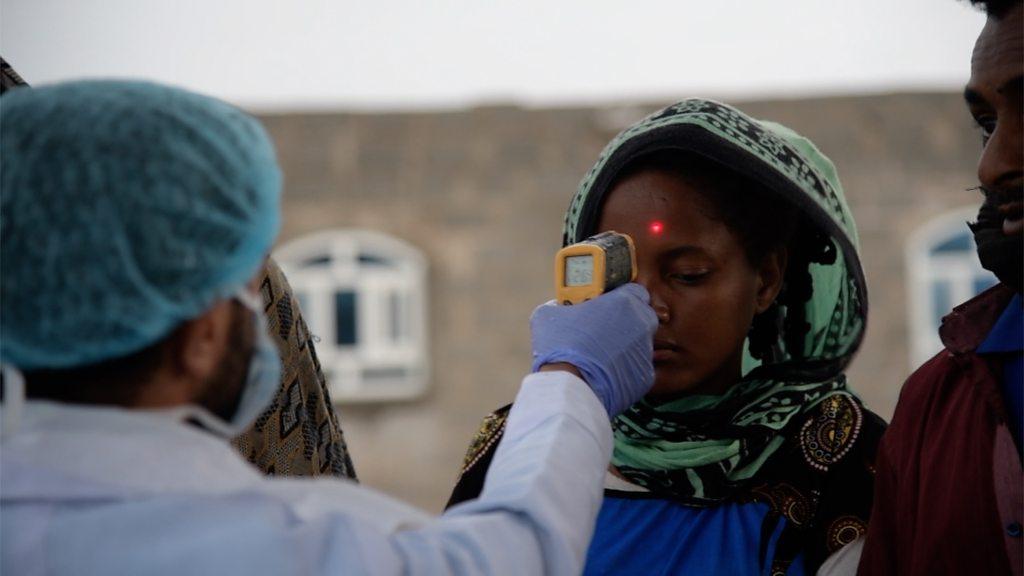
- Published14 April 2023
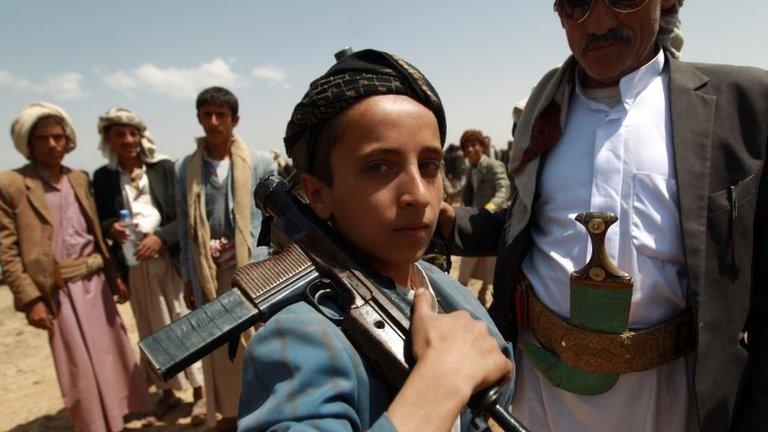
- Published10 April 2020
